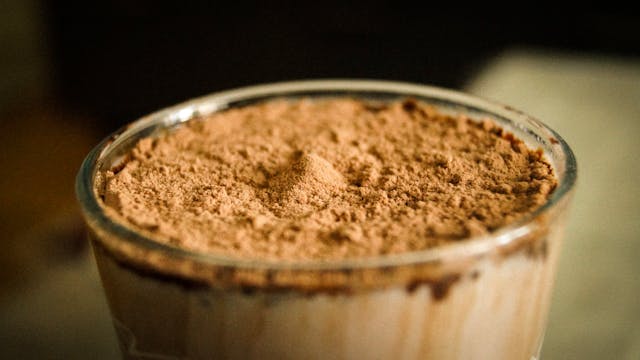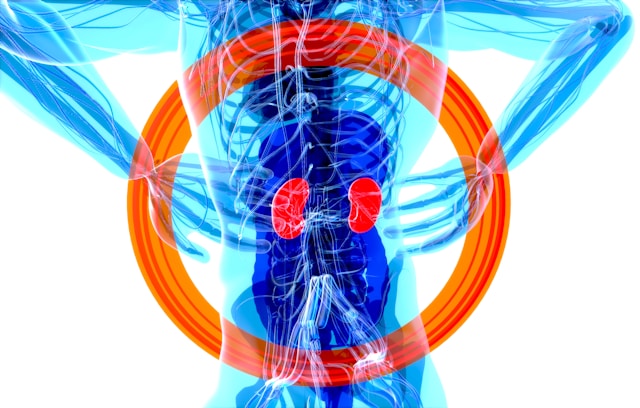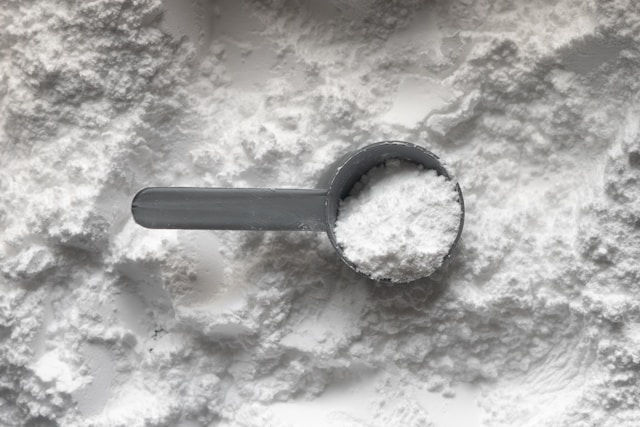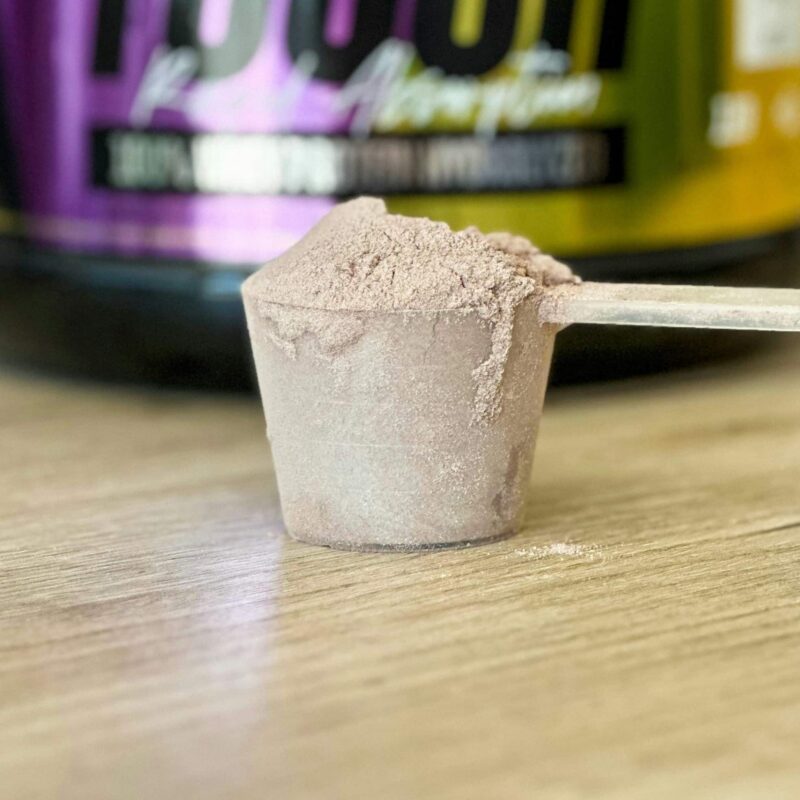
Blog
Are Protein Powders Bad For Kidneys? Let’s Find Out!

Did you recently come across the common saying that protein powder is bad for kidneys? Well, most people, especially those with pre-existing diseases, often get skeptical about trying a new protein powder. It is because they’re afraid the artificial ingredients might take a toll on their health and cause problems, one of which is kidney disease.
If you’re also concerned about getting kidney disease with the intake of protein powder, you’re in the right place. In this article, we will cover the common myths of kidney problems and protein powder and see what research has to say about it.
Effect of protein powder on kidneys

Before diving into the details of whether protein powder is bad for kidneys or not, we need to see the process and effect of protein powder on our kidney function.
We already know that the primary function of our kidneys is to filter waste from the body. The kidneys do this by filtering waste from the blood and then from the body, and eventually getting rid of it through urine. In this way, the kidneys remove extra fluids and wastes and balance electrolytes, water, and salt in the body.
Thus, the nephrons are the primary parts that perform this function. While nephrons filter the blood to remove waste, they tend to return the necessary nutrients back into it. However, if you don’t have a normally functioning kidney, some of the protein content can go into the urine.
The thing is, healthy kidneys do not remove protein from the blood. When your kidneys start to remove too much protein from the blood, it is called “nephrotic syndrome.” This situation usually occurs if you’re already suffering from a kidney disease.
Protein puts excess strain on the kidneys

Even if you don’t have a pre-existing kidney disease, some people believe that increased protein intake can lead to a high risk of developing kidney problems.
Whether it’s true or not, we have several arguments to prove.
Some studies suggest that they did not find any data to link the intake of high-protein diets with impaired kidney function in healthy individuals. However, the link between kidney function and increased intake of protein is a challenging issue.
While some studies aren’t of the view that protein intake can cause kidney problems, other studies have a completely opposite view. This study also believes that a higher intake of protein, especially animal protein, is linked with kidney stones.
It is also a common perception that increased consumption of protein puts excess strain on the kidneys. It is because the protein molecules break down into amino acids so that the body can use them to repair and build muscles.
Now, the extra amino acids, which are usually associated with higher protein consumption, aren’t stored in the body and are excreted by the kidneys. In this way, the kidneys have to work hard to get rid of this extra waste, which puts excessive pressure on them and makes them work hard. If this continues, it can eventually lead to kidney damage in the long run.
Another source also believes that protein powders contain sugar, which can also put excess strain on the kidneys. Thus, it’s better to avoid protein powders with sugars and additives.
A high-protein diet increases levels of urea
Urea is a waste product of protein metabolism.
When you consume a high-protein diet, it leads to increased levels of urea in the blood. Especially in individuals with impaired kidney function, some studies state that high-protein intake can lead to chronic kidney disease. The same study also says that a high-protein intake did not lead to an increase in proteinuria (elevated protein in the urine) in people with normal kidney function.
What should we do?

The link between kidney failure and high-protein diets is still questionable.
To cope with this issue, here are a few suggestions for what you can do.
Don’t exceed the recommended protein intake
The recommended protein intake is 1.5 to 2 grams per kilogram of body weight for normal individuals.
According to one study, non-dialysis CKD patients should consume 0.6 to 0.8 grams per kilogram of body weight in a day with >50% HBV proteins.
The thing is, most people with healthy kidneys can handle this protein amount. In most cases, protein intake up to 2 grams per kilogram of body weight isn’t a big issue.
However, if you have an already existing kidney problem, you need to carefully monitor your protein powder intake. It’s better to consult your doctor in this case.
Consider the protein quality
In most cases, it’s better to commit to plant-based protein powder because they are low in calcium and phosphorus.
Research found that consuming dietary plant protein can lead to a lower risk of chronic kidney disease.
Therefore, we recommend relying on plant-based protein sources if you’re at risk of developing kidney problems. Most people also think that relying on supplements isn’t a good idea until your doctor suggests them.
Stay hydrated

The good thing is that drinking enough water can help reduce the strain on your kidneys. This is because fluid facilitates the removal of wastes from the body.
Choose protein powders with minimal ingredients
The key here is to keep things simple.
Some protein powders contain additives and sugar, which can lead to kidney problems in the long run as they put pressure on them.
However, simple and natural protein powders can work pretty well if you don’t already have an existing kidney disease. In this case, you need to choose the right protein powder.
Take-away message
If you’re already diagnosed with kidney disease, it’s better to consult your doctor regarding the intake of protein powders.
It’s also true that high protein intake might lead to kidney problems in the long run.
However, people with normally functioning kidneys can have protein diets and protein powders as long as they’re consuming them in the right amounts.
As the link between high protein intake and kidney disease is still questionable, it’s better to stay ahead and follow our simple guidelines to avoid problems in the long run.












